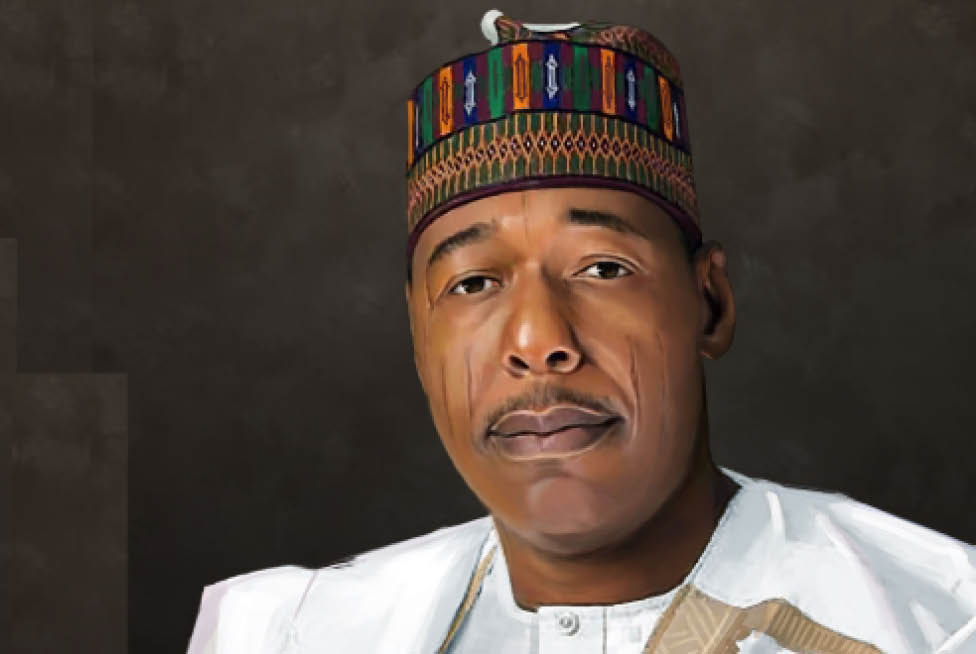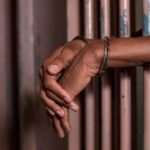The Borno State government has earmarked N8.7 billion to enhance hygiene and sanitation as United Nations Children Education Funds (UNICEF) pledged to make concerted efforts to ensure that more people have access to Water Sanitation and Hygiene (WASH) in the state.
The General Manager, Borno State Rural Water Supply and Sanitation Agency (RUWASSA), Dr Musa Ali, said the government had proposed to construct additional six dams to alleviate the challenges caused by the 13-year-old Boko Haram insurgency.
“The state government has given us approval for over N8 billion to be spent from now until the end of 2023 to provide WASH facilities and services. This will comprise six mini water works and we are going to construct 10 earth standard dams for irrigation and water supply,” Dr Ali Musa explained.
He charged development partners and international non-governmental organisations (NGOs) sensitising the citizens to stop open defecation to save lives.
- Akwa Ibom Takes Delivery of Two New A320 Aircraft For Ibom Air
- Pastor, 2 others arrested over killing, dismembering man
UNICEF WASH Manager Maiduguri Office, Mamita Bora Thakkar, said the organisation would support the government to ensure all LGAs are open defecation free.
Earlier in his welcome address, during the commemoration of this year’s International Toilet Day with the theme, “Make invisible visible,” the General Manager, BOSEPA, Abubakar Suleiman, said only 60 per cent of people in Borno had access to sanitation.

 Join Daily Trust WhatsApp Community For Quick Access To News and Happenings Around You.
Join Daily Trust WhatsApp Community For Quick Access To News and Happenings Around You.



